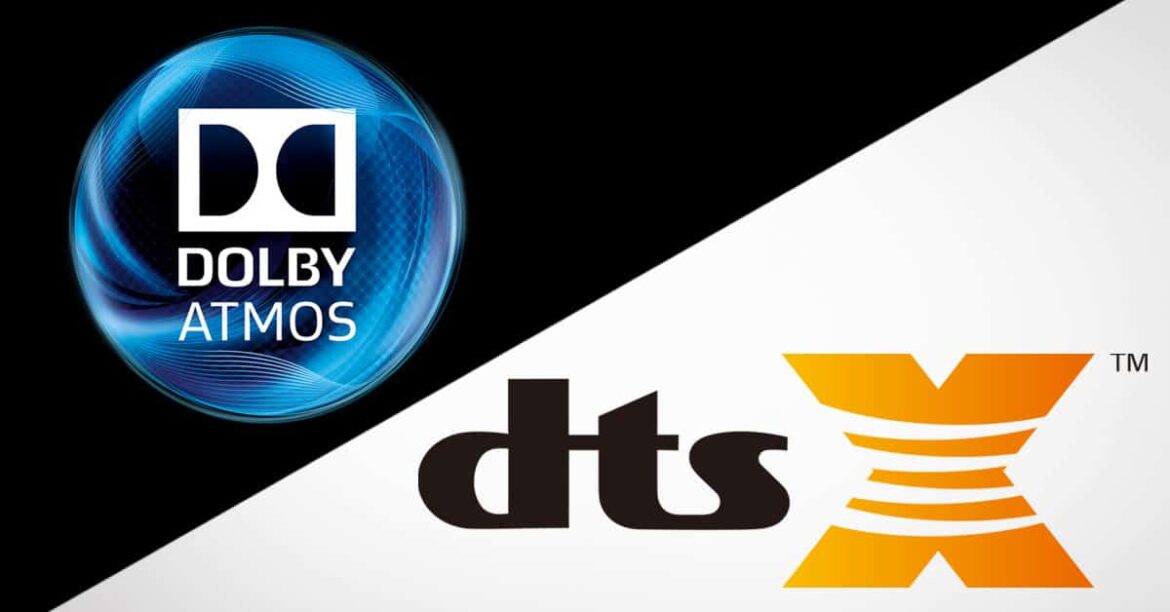936
On DVDs, you often have the choice between Dolby Digital and DTS audio formats – which one sounds better depends on what you value.
Audio formats: Dolby or DTS – which sounds better?
On the now obsolete DVD, two compression methods fought for supremacy: DTS and Dolby. On most DVDs, however, Dolby was to be found:
- This is usually because Dolby compresses the audio signals more. This means there is more space for picture information on the DVD, which is only 4.7 GB in size anyway
- A DTS track is therefore less likely to be found on a DVD, as it occupies more storage space due to the theoretically (!) higher data rate.
- This is precisely the crux of the matter: DTS offers more space upwards. In the end, it always depends on how much leeway the sound engineer exploits.
- In general, DTS is mixed a little louder, especially in the bass. This can easily give the impression that DTS sounds better when switching. However, this is not necessarily the case; it is quite possible that the DTS track sounds worse than Dolby. Therefore, in this case it is simply a case of trial and error
- In addition, you should be aware that for the theoretically better quality, the corresponding hardware should also be available on your side. With a cheap sound system, you are unlikely to notice any differences apart from the differences in volume
- The situation is different with Bluray: much more storage space can be used for the audio track and it can therefore be stored almost loss-free. For example, you will almost only find DTS-HD Master Audio on Blurays; the competing format Dolby TrueHD is more of a nischendasein.

